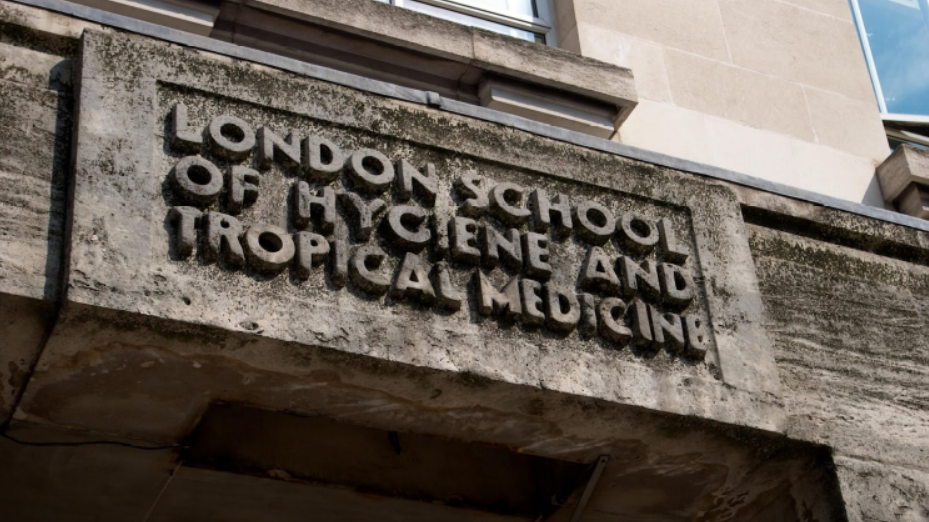The London School of Hygiene and Tropical Medicine (LSHTM) is a premium public research university in London that also specializes in public health and tropical medicine. LSHTM, which also had a high-profile role during the pandemic, especially in research and policy formulations, has now earned infamy after a recent review report commissioned by the institution itself uncovered evidence of structural racism.
The independent review showed how the colonial legacy that the institute still carries continues to impact non-white staff and students negatively, according to the report, available on LSHTM’s website.
Staff and students of color are under-represented at the senior level, have fewer prospects of getting promotions and are more likely to be employed on short- and fixed-term contracts in comparison to their white peers, the review found. This discrimination exists despite LSHTM on average having a higher proportion of staff other than whites in comparison to other sectors in the United Kingdom.
The culture and practices of the university still put people of color in disadvantageous situations. As per the report, the curriculum is Euro-centric and the leadership and the management are very slow in tackling issues of colonialism and racism.
The non-white staff and students often feel unsupported whenever they try to address racist behavior. They also complain of not getting equitable experiences and opportunities for their progress at LSHTM. The behavior of senior staff often goes unaddressed because of their influence at the university.
The commissioning of the review by the university council came alongside the Black Lives Matter movement and concerns and complaints raised by the students and the staff. Last year, the council commissioned a review of racism and inequality prevalent at the university. Interestingly, the report highlighted the well-documented colonial history attached to LSHTM. It was founded by the colonial office of the UK government and the global success the institute enjoys is linked to its role in British colonialism, the report said.
The report admitted the negative impact of the continuing colonial attitude in a paragraph in the concluding section: “LSHTM’s history brings a set of enduring legacies and very live challenges. Many staff have dedicated their lives to advancing public health globally and LSHTM’s world-leading research has benefited a great many people worldwide, but the colonial attitudes inherent in LSHTM’s historical mission negatively impact students and staff of color today.”
The report also contains several suggestions and recommendations for strengthening the leadership, changing the culture and behavior, improving conditions for students and staff of color so that their experiences get better, and also includes recommendations for improving the processes of complaints and reporting.
Liam Smeeth, director, LSHTM, wrote in the declaration note of the report as: “We understand that these experiences have had very real and painful human consequences. We deeply regret this and apologize sincerely to everyone affected. While the conclusions of the review are difficult to confront, facing up to them is an essential step towards creating an environment where everyone’s contributions and perspectives are valued. We are determined to do better. We are committed to LSHTM being a place of anti-racist education, employment, research and partnerships. Racism has no place in our school or society, and will not be tolerated at LSHTM.”
Many consider the process of the thorough internal review on a sensitive and crucial issue like racism a welcome step. However, the challenge and task the institute faces are gigantic as conditions are not going to be changed overnight. Dr. Mishal Khan, an associate professor of health policy and systems research, who was also a member of the review committee, in a statement to The Guardian said: “The report makes for painful reading, but I see it as a positive that LSHTM’s governing council had the foresight to commission such an independent review and unanimously accept the findings. There is a lot of work to do.”





